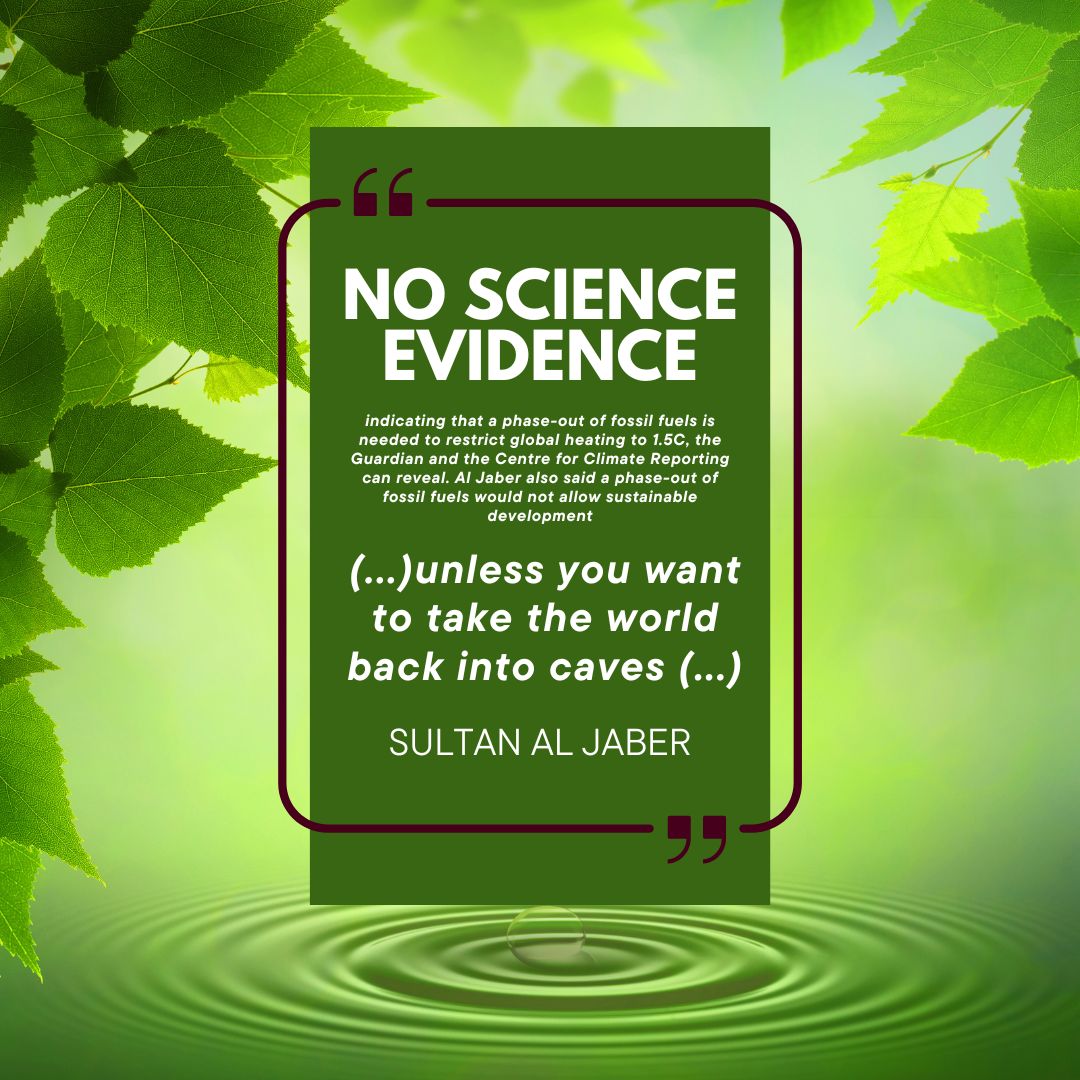COP28 Climate Conference: First Global Agreement or a Disappointment?
The recent COP28 climate conference held in Dubai marked a unique moment as the global community called for a shift away from fossil fuels for the first time. However, the resolution lacked a clear commitment to phase out coal, oil and gas – a demand supported by over a hundred countries.
After lengthy negotiations, COP28, chaired by Sultan Ahmed Al Jaber, made the groundbreaking decision to “transition away from fossil fuels” following no objections from nearly two hundred participating nations. Al Jaber announced the decision to applause, stating, “We have a basis to start the transformation.”

However, the resolution’s call for transitioning away from fossil fuels is just one of several possible steps to reduce greenhouse gas emissions.
The text leaves room for continued use of gas and the application of carbon capture and storage (CCS) technologies.
The absence of a clear commitment to phase out fossil fuels disappointed approximately 130 countries, including the USA and European Union, unable to push through their demand for a global withdrawal from all fossil fuels. This faced fierce opposition from oil-producing nations such as Saudi Arabia, but also the Chairman of COP28.
UN Secretary-General Antonio Guterres commented on the decision, saying, “Science tells us that limiting global warming to 1.5 degrees is impossible without moving away from fossil fuels.” He emphasized the inevitability of transitioning away from fossil fuels and hoped it wouldn’t be too late. Finally, Wopke Hoekstra, the EU Commissioner for Climate, praised the resolution as the beginning of the end of the fossil fuel era. German Foreign Minister Annalena Baerbock also welcomed the agreement, with sources close to the German delegation stating that a significant burden had been lifted.
The prolonged negotiations witnessed resistance from oil-producing countries such as Iraq and Saudi Arabia, blocking the goal of a complete withdrawal from fossil fuels. These nations favored emissions reduction agreements, allowing them to continue extracting coal, oil and gas while reducing emissions through CCS technology.

The surprising turn of events included Sultan Al Jaber initially stating that there was “no scientific evidence” to justify abandoning fossil fuels to limit global warming to 1.5 degrees Celsius. His statement shocked many as over 100 countries supported moving away from fossil fuels to address the escalating climate crisis. It is undoubtedly worthwhile to consider a balanced, non-extremist point of view.
Despite the challenges, an agreement was finally reached at COP28, concluding a somewhat controversial summit in Dubai. Therefore, the question arises: Can COP28 be considered a success?
The hotly debated topic is complex, filled with diverse perspectives and lobbying groups. Regardless of one’s viewpoint, at Ecobal, we advocate for #PreservingNature activities that can be implemented daily. Transition is not a simple issue and emotions are likely to persist.
Embracing eco-friendly practices, such as reducing your carbon footprint with certified products like Ecobal Units, is a positive step towards a greener lifestyle. These products play a vital role in preserving nature and promoting sustainability. However, we believe it’s equally important to go beyond and empower individuals with education on minimizing their carbon footprint in their daily routines. Utilizing non-fossil fuels is certainly one of the directions that can be implemented in our lives on a large scale, but more likely in the longer term perspective.
Feel free to comment and let us know your opinion on this important aspect of our future!


